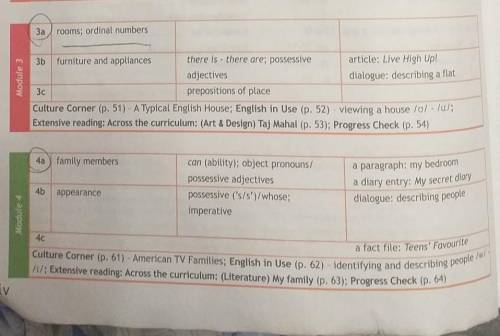
Self-esteem is a very interesting thing. Literally, the word means your own assessment of yourself. In reality, for the most part, we blindly arrogate to ourselves, and then reproduce those assessments, those relationships that parents or other significant people gave us in childhood, calling all this “wealth” self-esteem. Self-esteem, or rather the self-attitude of an adult person begins with the child's self-esteem, is formed in childhood. Agree, as a man learned to walk, ride a bike, hold a racket when playing tennis, as he automatically continues to do. No wonder they say: "Habit is second nature." Any teacher will tell you: it is much harder to retrain than to teach correctly from the beginning. It’s much easier to keep doing the old things! What we are doing is automatically continuing to evaluate ourselves and treat ourselves as we were treated in childhood. There is a lot of automatism in our life! And that, on the one hand, is good! Imagine if EVERY action, such as brushing your teeth, needs to be re-mastered daily, a nightmare! However, automatism is bad, because we have “memorized” many actions, and they have already lost relevance, or we have memorized them altogether wrong. And out of habit, we continue to AUTOMATICALLY negatively think about ourselves (low self-esteem), to believe in attitudes that make us unhappy!
Объяснение:
1. You was at the theatre yesterday. Did you like the opera? — Oh yes, I enjoyed it greatly. 2. A week ago they did not to know what to think. 3. She is worrying a lot at the moment. 4. Last Tuesday he was upset and had no idea where to go. 5. Various kinds of sports are popular in Russia. 6. He went to the south a week ago. 7. When I was about fifteen years old, I enjoyed playing football. 8. Our football team won many games last year. 18. Where is Boris? — He is playing chess with his friend. 9. My friend goes to the library every Wednesday. 10. He did not go to the country yesterday. 11. Why did you go to the shop yesterday? 12. We will grow tomatoes next summer. 13. What are you doing now? 14. He is sleeping now. 15. Where did your father work last year? 16. Will she go to the south next summer? 17. He did not watch TV yesterday.